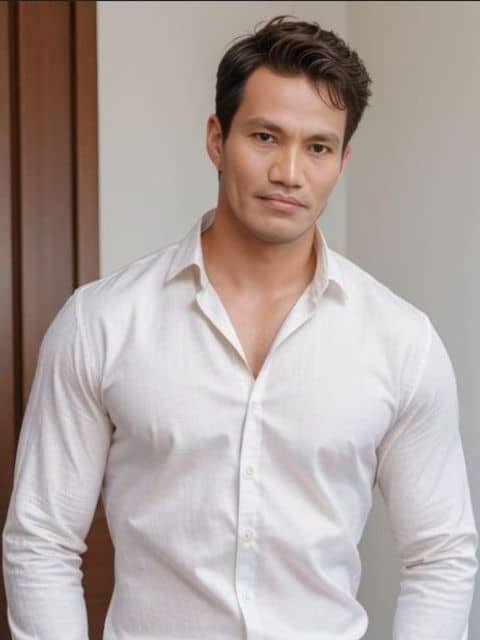Montesquieu, a French philosopher, made a significant impact on political theory and sociology. His insights are still relevant today. Let’s explore some of his most thought-provoking quotes and what they mean for us.
The Essence of Liberty
Montesquieu often spoke about liberty and its importance. He believed that freedom is essential for a thriving society. Here are some of his notable quotes:
1. “Liberty is the right to do whatever the laws permit.”
2. “The tyranny of a prince in an oligarchy is not so dangerous to the public welfare as the apathy of a citizen in a democracy.”
3. “There is no greater tyranny than that which is perpetrated under the shield of the law and in the name of justice.”
These quotes remind us that laws should protect freedom, not restrict it. Are we vigilant about our rights?
On Government and Its Forms
Montesquieu analyzed different forms of government. He believed that each has its strengths and weaknesses. Here are some key quotes:
4. “To become truly great, one has to stand with people, not above them.”
5. “The spirit of the laws is to be found in the nature of the people.”
6. “In a state of nature, all men are equal.”
His thoughts highlight the importance of understanding the people you govern. How well do our leaders know us?
The Importance of Separation of Powers
One of Montesquieu’s most influential ideas was the separation of powers. He argued that dividing government powers prevents tyranny. Here are some of his insights:
7. “Power should be a check to power.”
8. “There is no liberty if the judiciary is not separated from the legislative and executive powers.”
9. “The accumulation of all powers, legislative, executive, and judiciary, in the same hands is the very definition of tyranny.”
These quotes emphasize the need for balance in government. Do we see this balance in our political systems today?
The Nature of War and Peace
Montesquieu also reflected on war and peace. His views offer a unique perspective on human behavior. Consider these quotes:
10. “War is the natural effect of the spirit of commerce.”
11. “Peace is the natural state of mankind.”
12. “It is not the size of the army that matters, but the spirit of the people.”
His words remind us that peace is a choice. Are we doing enough to promote it?
The Role of Culture and Society
Montesquieu understood that culture shapes society. His observations are still relevant. Here are some of his thoughts:
13. “The laws of a nation derive their force from the customs of the people.”
14. “It is in the character of the people that the laws must be founded.”
15. “Custom is the best teacher of mankind.”
These quotes highlight the influence of culture on laws. How does your culture shape your views?
The Value of Education
Education was another area Montesquieu valued highly. He believed it empowers individuals and societies. Here are a few quotes:
16. “The progress of education is the progress of society.”
17. “A nation may lose its liberty, but it can never lose its education.”
18. “The more laws, the less justice.”
His perspective encourages us to prioritize education. Are we investing enough in it?
Reflections on Human Nature
Montesquieu had keen insights into human nature. His observations are often spot-on. Here are some quotes to ponder:
19. “Men are not equal; it is not in their nature.”
20. “It is not the will of the people that is the law, but the will of the law that is the people.”
21. “Humans are made to be social beings.”
These quotes challenge us to think about our relationships. How do we connect with others?
The Impact of Climate and Geography
Montesquieu believed that climate and geography influence societies. His thoughts are still relevant today. Consider these insights:
22. “The climate of a country affects the character of its people.”
23. “Geography is destiny.”
24. “The laws of a country must be suited to its climate.”
These ideas prompt us to consider our environment. How does it shape our lives?
Final Thoughts
Montesquieu’s quotes continue to resonate. They encourage us to reflect on freedom, government, culture, and education. His wisdom challenges us to be active participants in our societies. Are we ready to embrace these lessons?
In a world full of complexities, his insights remind us of the basics. Liberty, balance, and understanding are key. Let’s keep these thoughts in mind as we navigate our lives and communities.

